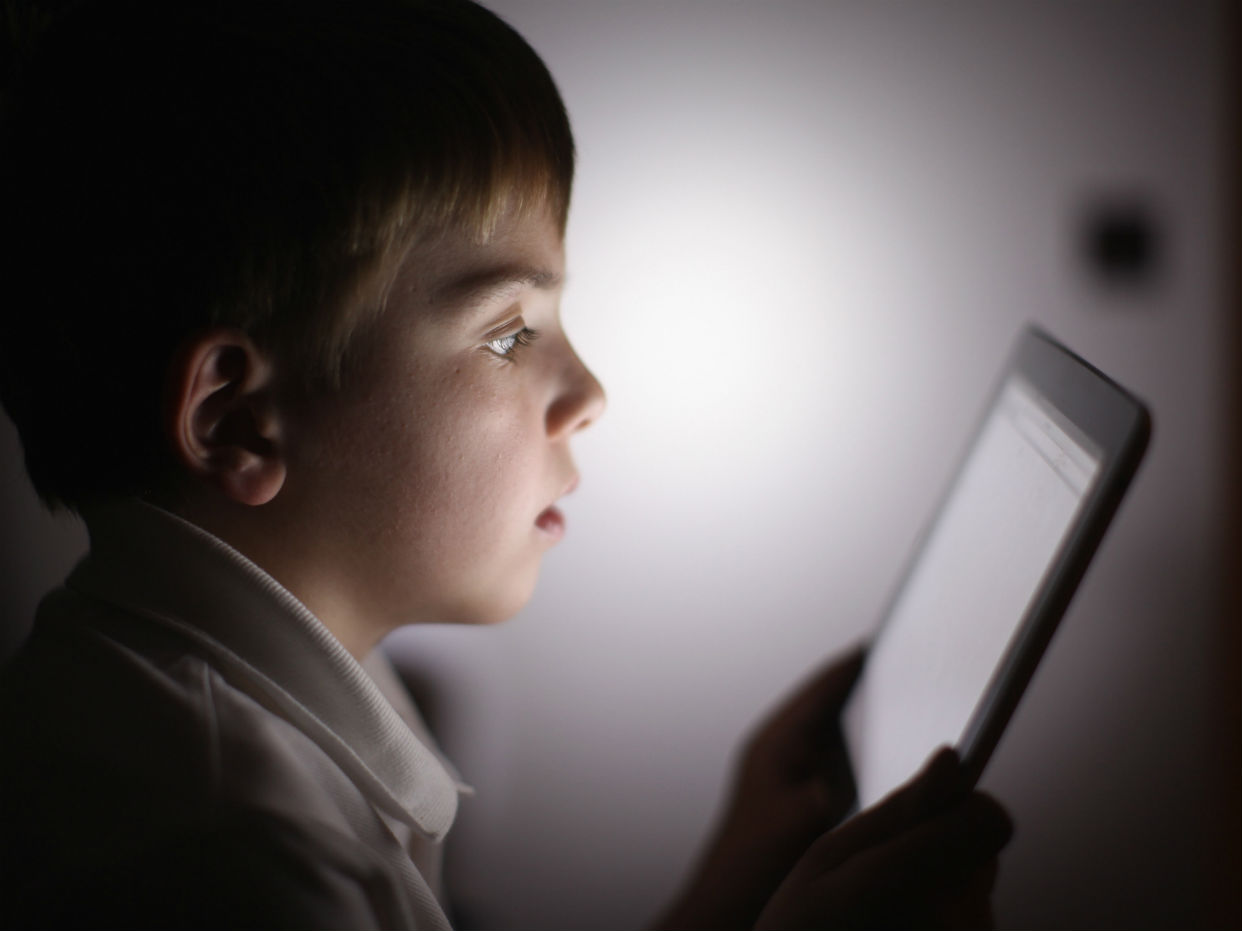Children have ‘1,300 pictures of them’ posted online by age 13
New report urges parents and young people to be aware of digital footprint that ‘starts in womb’

A free daily email with the biggest news stories of the day – and the best features from TheWeek.com
You are now subscribed
Your newsletter sign-up was successful
Parents are unwittingly putting their children at risk by posting thousands of photos and videos of them online, the Children’s Commissioner for England is warning.
A newly published report for Anne Longfield reveals that the average child will appear in more than 1,300 pictures online before they turn 13, leaving them vulnerable to profiling by both criminals and companies.
The children’s rights watchdog says that youngsters’ digital footprint is “starting in the womb”, from the moment parents post their scans on social media, says The Daily Telegraph.
The Week
Escape your echo chamber. Get the facts behind the news, plus analysis from multiple perspectives.

Sign up for The Week's Free Newsletters
From our morning news briefing to a weekly Good News Newsletter, get the best of The Week delivered directly to your inbox.
From our morning news briefing to a weekly Good News Newsletter, get the best of The Week delivered directly to your inbox.
According to the report, titled “Who knows what about me?”, children then carry on this trend themselves, with 11- to 16-year-old posting on social media an average of 26 times a day - equating to around 70,000 posts by the time they are 18 years old.
Longfield also warns that children’s lives are being “datafied” on a huge scale as their personal information is collected by smart toys, smart speakers and even school apps.
“Children are often shocked to learn just how information and data is collected about them as they grow up, from the information stored by new gadgets like Alexa to data held by their schools,” she said.
Even very young children are using so-called smart toys - toys are connected to the internet - that “gather personal messages and information that may be insecure and open to attack from hackers”, says the BBC.
A free daily email with the biggest news stories of the day – and the best features from TheWeek.com
Urging parents to “stop and think” about the potential risks, Longfield said: “We need to make sure that they can make informed choices about the data they are giving away and that their parents know who knows what about their kids. The Government must urgently refine data protection legislation if GDPR [general data protection regulation] does not prove up to the job.”
The report calls on technology companies and toy manufacturers to be more transparent about the data they collect about children. Sonia Livingstone, professor of social psychology at the London School of Economics, is quoted as saying that children are the “canary in the coal mine for wider society”, trying out new technology with all the associated risks before many adults are even aware of them.
Responding to the new report, the British Toy and Hobby Association (BTHA) said: “Whilst it is estimated that only 1% to 2% of the UK toy industry consists of connected toys, the BTHA’s members limit the amount of personal data collected, using closed loop systems where possible.
“When data is collected, this is done to enhance the play experience... and is collected lawfully and safely.”